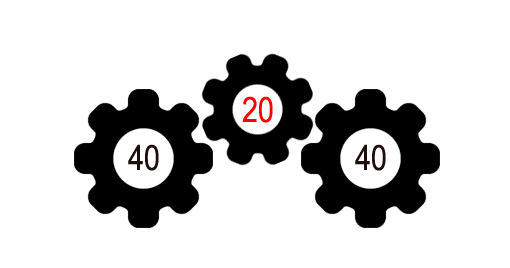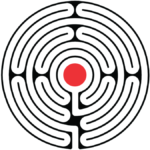Approach

40 – Pre Training
Imagine you’re visiting a doctor – not your family doctor, but someone you’ve never visited before. What do you think they’d ask you? Probably something about your medical history, right? What medications you’ve taken; whether you take any regularly; are you allergic to any of them – stuff like that, right?
Our pre-training approach is along the same lines. Before the programme begins, we conduct our Training Needs Analysis (TNA); at the same time, we also provide the candidate with pre-assessments, pre-reads, placement tests, and contextualised content.
20 – Training
If you’ve been lucky enough to go to a good doctor (lord knows that doesn’t always happen), they’ll probably diagnose you correctly and prescribe a course of treatment, instructions for which will be given precisely. A good doctor will take care to ensure that the treatment is effective, convenient, and causes least discomfort to the patient.
Similarly, we use the information we gathered earlier to determine the best course of action for participants. You don’t have to worry about Death By PowerPoint – we prefer effective (and fun) learning techniques such as the Guided Discovery Method, Activity-based Active Learning, Training Actors, and Theatre-Based Learning.
40 – Post Training
Finally, after handing out a prescription, they’d probably ask you to come back for a follow-up after, say, a couple of weeks, even if you are – or think – you’re feeling better. Sounds about right?
We believe in the same approach. Concepts discussed in our sessions will not just be buried and forgotten. We will follow up with practice tasks, recognition emails, e-learning modules, momentum-based interventions, and help desks.
Guided Discovery Method

We use this popular method to guide our learners to where they need to go by allowing them to ask questions and experience things that will ultimately lead them to their goal. Our instructors deliberately holdback key information from learners, allowing them to discover things for themselves. The Guided Discovery Method helps participants listen, question, compare, deduce facts, integrate knowledge, invent, and reflect.
Training Actors

Role-playing is a learning aid and we take it to the next level – by introducing professional actors. Many participants are self-conscious and, as a result, the point of learning gets sidelined. A Training Actor makes the practice session very ‘real’ for the learner, without the stress of having to perform at the sometime.
Total Physical Response

This popular learning method helps learners grasp complex concepts using physical movements. Not only does this break the monotony of traditional, classroom-based learning, but also serves to reduce inhibitions, anxiety, and stress. By engaging both the body and the mind, this method facilitates long-term retention.
